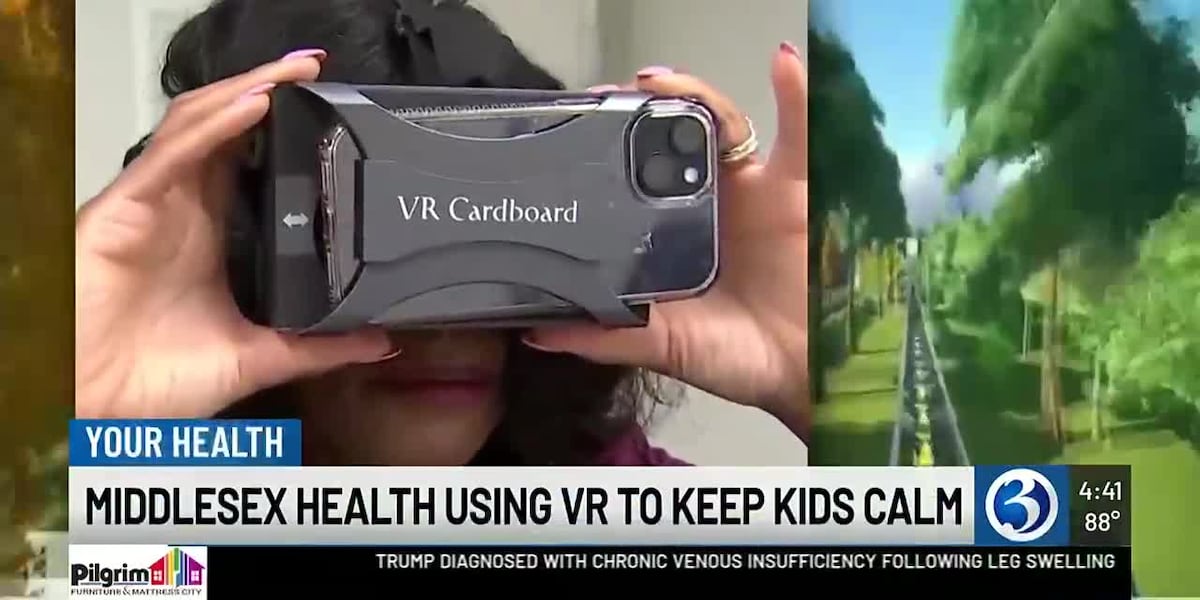Middlesex Health Uses VR to Ease Anxiety in Young Patients at the ER

Navigating an emergency room visit can be a daunting experience, especially for children. The unfamiliar environment, medical procedures, and anxious atmosphere can trigger significant stress and fear. Recognizing this challenge, Middlesex Health is pioneering a comforting and innovative solution: virtual reality (VR) headsets.
This forward-thinking approach aims to transform the ER experience for young patients, offering a calming escape from the often-overwhelming reality. Instead of focusing on their discomfort or worries, children can immerse themselves in engaging and soothing virtual worlds.
How VR is Making a Difference
Middlesex Health has introduced VR headsets loaded with a variety of interactive experiences. These range from peaceful nature scenes – think serene beaches, lush forests, and tranquil underwater landscapes – to playful games and engaging adventures. The selection caters to different age groups and interests, ensuring there’s something to appeal to every child.
The benefits extend beyond simple distraction. Studies have shown that VR can significantly reduce anxiety and pain perception. By focusing their attention on the virtual environment, children experience a decrease in stress hormones and a greater sense of control over their surroundings. This, in turn, can lead to improved cooperation with medical staff and a more positive overall experience.
A Patient-Centric Approach
“We’re always looking for ways to improve the patient experience, particularly for our youngest visitors,” explains [Quote from Middlesex Health Spokesperson – ideally include name and title]. “The VR headsets provide a non-pharmacological way to alleviate anxiety and create a more comfortable environment for children facing medical challenges.”
The implementation of VR is part of Middlesex Health’s broader commitment to patient-centered care. The hospital staff are trained to introduce the headsets in a gentle and supportive manner, ensuring that children feel safe and comfortable using the technology. Parents are also involved in the process, allowing them to choose experiences that align with their child's preferences and sensitivities.
Looking Ahead
The initial response to the VR program has been overwhelmingly positive. Both children and parents have expressed appreciation for the calming effect of the headsets. Middlesex Health plans to expand the program, potentially incorporating VR therapy into other areas of the hospital, such as pediatric procedures and rehabilitation.
This innovative use of technology demonstrates a commitment to providing compassionate and cutting-edge care. By leveraging the power of virtual reality, Middlesex Health is helping to make a stressful situation a little less daunting for young patients and their families, setting a new standard for pediatric emergency care in the region.






